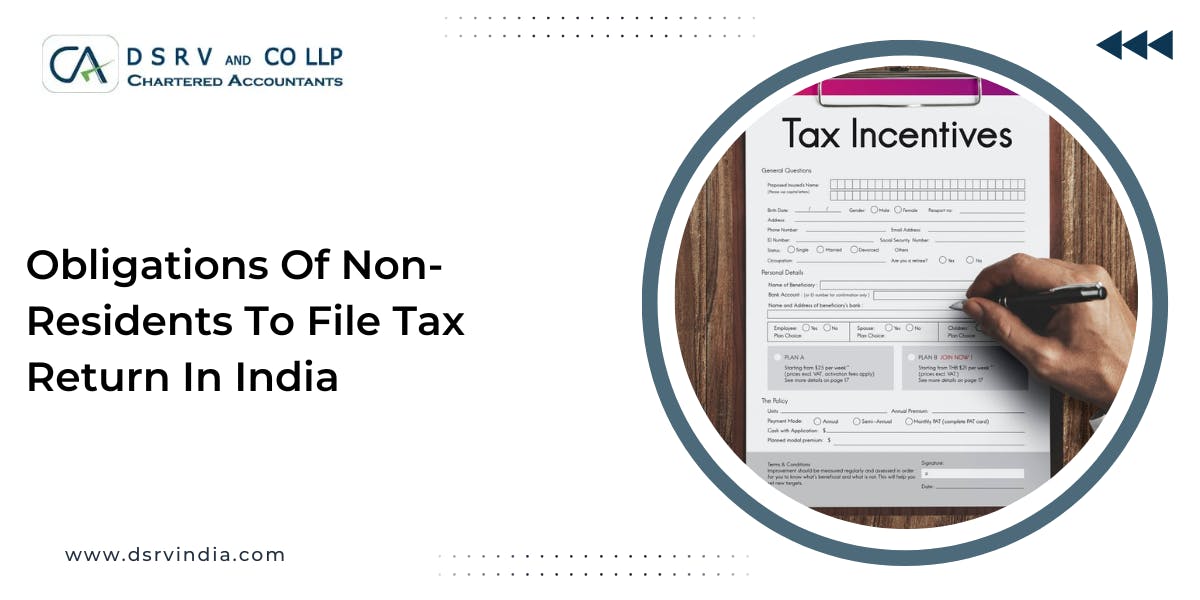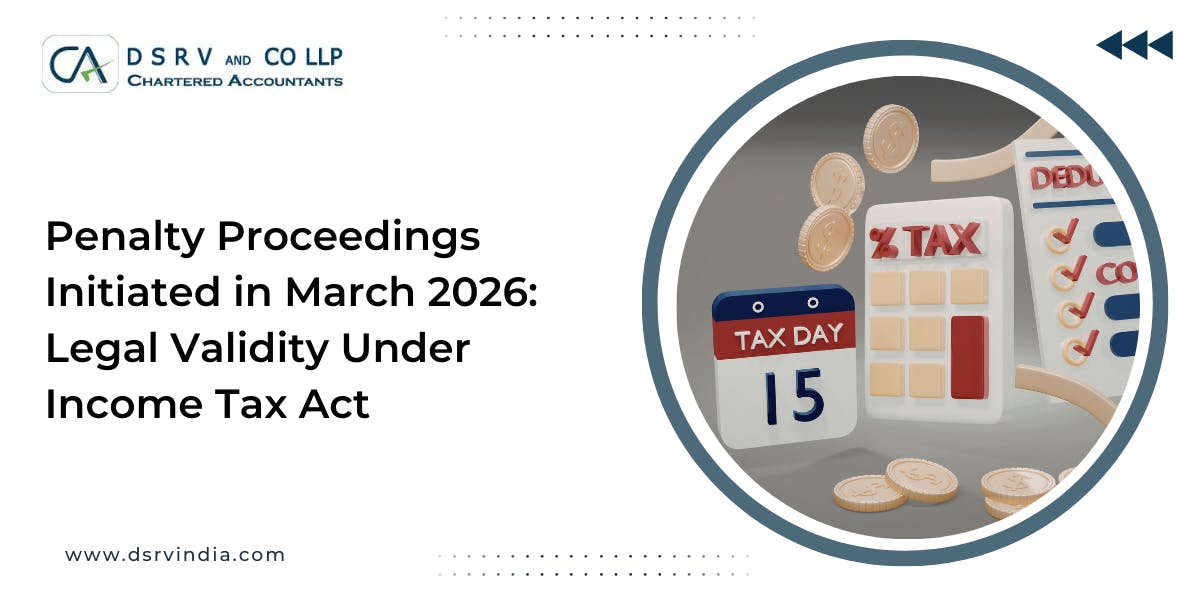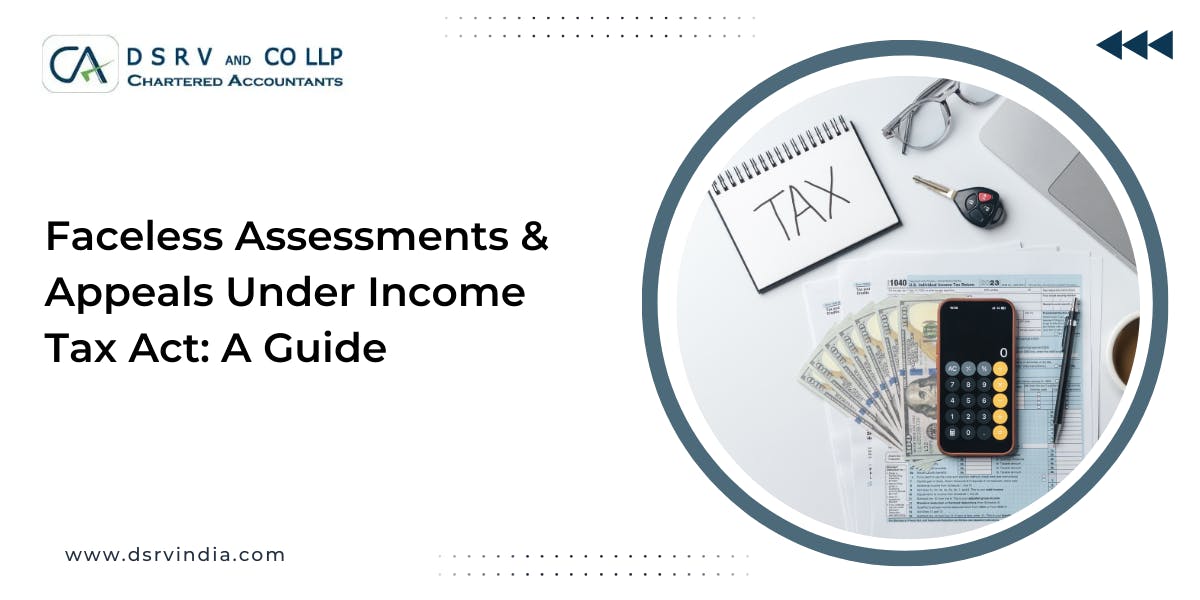Determining the taxability of income for foreign companies is often intricate, with controversies arising from the specific facts of each case. Preparation and filing of income tax returns in India automatically address many aspects of the Indian tax regime. In this blog, we aim to delve into the obligations of foreign companies to file income tax returns and the associated compliances and understand the tax on foreign remittance.
Recommended: Top Benefits Of Hiring A Virtual CFO For Your Startup In India
Obligations of Non-residents to File Tax Return in India
Non-residents, including foreign companies, have certain obligations under the Indian Income Tax Act when it comes to filing tax returns. These obligations primarily arise from income earned or received in India and are governed by specific provisions outlined in the Act.
One of the key obligations for non-residents is to file a tax return if their total income exceeds the threshold prescribed under the Act. This threshold may vary depending on the nature and source of income, residential status, and any applicable tax treaties between India and the non-resident's home country.
Tax Liability for Non-Residents
Non-residents in India are liable to taxation on specific types of income earned within the country. This includes income from salary or wages for services rendered in India, income from a business or profession controlled or set up in India, income from property located in India, capital gains arising from assets situated in India, interest, dividends, or royalties earned from India, and other income deemed to accrue or arise in India.
Read Only: The Importance Of Transfer Pricing Audits You Should Know
Taxability of Non-Residents in India
The taxability of non-residents in India is determined based on their residential status and the source of income. Non-residents are generally taxed only on income earned or received in India, while income earned outside India is not subject to taxation in most cases.
However, certain types of income, such as income from business or investments in India, capital gains from the sale of assets in India, or income arising from other activities conducted in India, may be taxable for non-residents.
Foreign remittances, including dividends, interest, royalties, or payments for services rendered, may be subject to taxation under Indian tax laws. Non-residents are required to withhold taxes on such remittances at the time of transfer, ensuring compliance with Indian tax regulations.
Additionally, non-residents may be required to report foreign remittances and provide relevant documentation to the tax authorities to demonstrate the legitimacy and purpose of the remittances.
Tax Deduction at Source (TDS)
Tax Deduction at Source (TDS) is a crucial mechanism for tax collection by the Indian government. Non-residents are subject to TDS on various types of income earned in India. It's imperative for non-residents to ensure accurate TDS deduction and deposit with the government to avoid penalties and interest liabilities.
Claiming Tax Benefits
Non-residents can avail tax benefits under Double Taxation Avoidance Agreements (DTAA) signed by India with several countries. These agreements prevent double taxation of income earned in one country by a resident of another. Non-residents should meticulously review relevant DTAA provisions to maximize tax benefits.
Non-Resident Tax Planning Services
Given the complexities of Indian tax laws and the unique tax considerations for non-residents, seeking professional tax planning services is crucial. Chartered accountant firms in Gurgaon specialize in providing tailored tax planning solutions for non-residents, ensuring compliance with Indian tax laws while optimizing tax efficiency.
These firms offer expert guidance on tax residency status, income tax liabilities, withholding tax obligations, and tax-efficient investment strategies for non-residents. By partnering with a trusted chartered accountant firm, non-residents can navigate their tax obligations in India effectively and minimize potential tax liabilities.
Conclusion
The obligation of non-residents to file tax returns in India and adhere to consequential tax compliances presents numerous procedural challenges. From obtaining PAN and Digital Signature to seeking professional guidance and responding to tax authorities, navigating these requirements can be intricate. Failure to comply may result in litigation and significant tax liabilities, including tax, interest, and penalties.
Moreover, residents dealing with foreign companies may be considered as representative assesses, thereby increasing their exposure to tax litigation and potential tax outflows. It's crucial to assess these risks carefully and adopt a compliance-friendly approach. Until concrete guidelines are established by tax authorities and the judiciary to address these compliance challenges, proactive measures are advisable to mitigate potential risks and ensure smooth operations
Some more vital points that you will get in our website https://www.dsrvindia.com/ :
All persons, including foreign companies, must file returns as per Section 139.
Some classes of persons, including foreign companies, may be exempted under Section 139(1C).
- Tax on Foreign Remittance:
Compliance with tax withholding is crucial for non-residents/foreign companies.
- Transfer Pricing Compliances:
Foreign companies must comply with transfer pricing rules for transactions with Indian entities.
- Obligations on Residents:
Residents dealing with foreign companies may have responsibilities as per Section 163.
Penalties apply for delayed filing or underreporting income under Section 234F.






